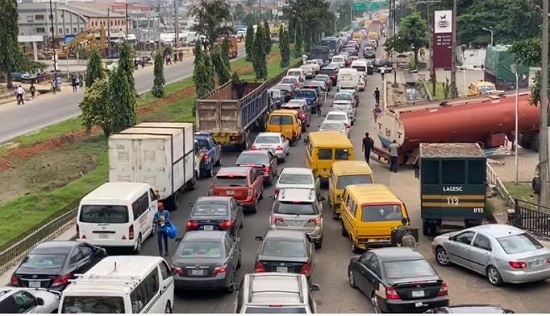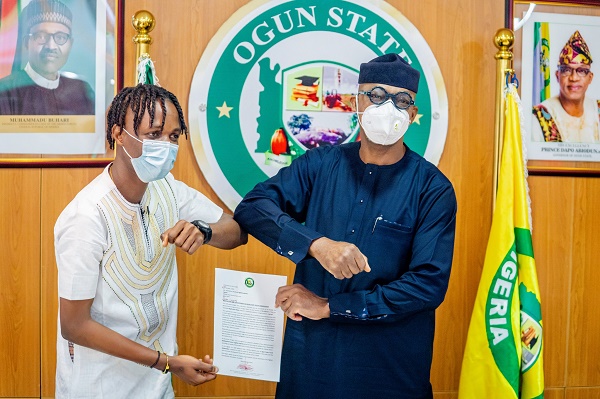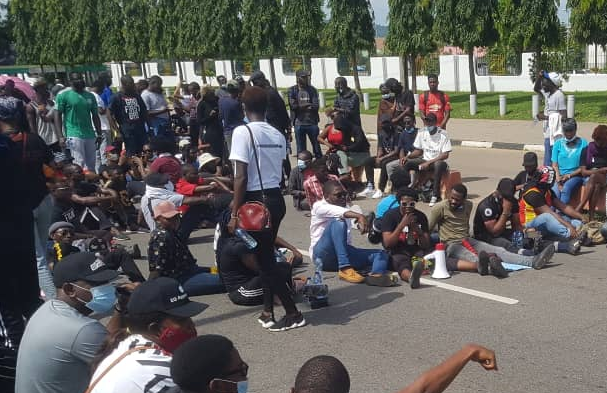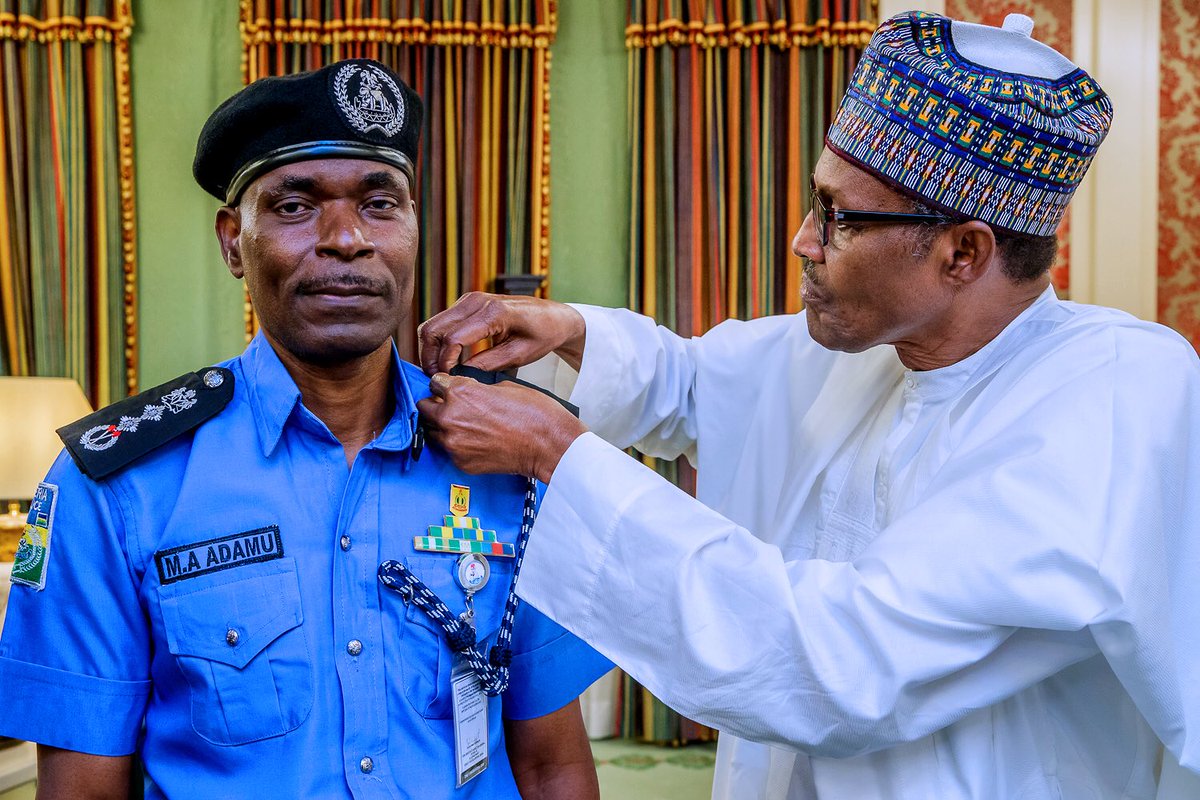It is difficult to understand why the Lagos-Ibadan Expressway is taking a thousand years to reconstruct. I travelled that road to and from Ibadan last weekend, and could not but wonder — for the umpteenth time — what is wrong with us as a people? Are we constructing a bridge across the Atlantic Ocean to link us to other continents? What is so difficult in reconstructing a road? A road that was built over 40 years ago.
During the journey, we spent so much time at some points. And you breathe a heavy sigh of relief when you manage to ply through a portion in one hour that should not ordinarily have taken more than 10 minutes.
Some of my friends said they literally slept on that road two weeks earlier. They left Ibadan about 8.45pm. One of them didn’t get to his house in Lagos until about 5 a.m. the next morning. And he was the one driving. You can imagine the stress they went through. The toll on their health. They are the lucky ones. Some transporters ply that route on almost a daily basis. Is it a surprise that life expectancy in Nigeria is about the lowest in Africa? The welfare of the citizens doesn’t seem to be of interest to those in power.
During the Obasanjo administration, a dubious effort was made at rehabilitating the road. A big signboard was erected at the Sagamu inter-change proclaiming the administration’s determination to work on the road. And at several points, there were smaller signboards informing us of the good work the government was about to begin. And that was the beginning and the end of it. Not even one meter was repaired.
Advertisement
Then, came the Jonathan administration. In 2013, the reconstruction work began. But not much was accomplished by the time that government left office in 2015. From 1999 to 2015, that road had become so bad, it was an apt reflection on how badly run we are as a country. The road is a gateway to practically every other part of the country. Virtually all the goods from the Lagos ports going to other parts of the country pass through the road. People going to the North, East and other parts of the West pass through the road. It does not require much imagination to recognize the importance of this road to the economic, social and political well being of Nigeria. Except that our decision-makers are apparently oblivious of this fact. Otherwise, they would have ensured that this all-important road and any others are in good shape.
It doesn’t really matter since many of them ply the road with escorts clearing the way for them. A road that should not take more than one and half hours sometimes take people 10 hours to go through. I remember driving on that road in the late 1990s and it was a pleasure. From the toll gate to the Redemption Camp took approximately 15 minutes in those days. 15 minutes! In the past 15 years, sometimes it took five hours!
Avoidable accidents have happened so routinely on that road. Lives have been lost. Properties have been destroyed. People with health challenges have passed out while trying to navigate the road.
Advertisement
The Lagos-Ibadan Expressway was commissioned in August 1978. It is about 127 kilometers long. The road, like most infrastructure in Nigeria, suffered criminal neglect for about 30 years from successive governments. And it is the reward of that negligence we have been reaping in the past 10 years.
When the Buhari administration came on board, there was hope that the road would be reconstructed as soon as possible. Five and half years after, the construction companies are still moving at snail speed. The barriers that have erected at different points on the road have added to the untold hardship. I do not know what the Federal government would plead for this unacceptable pace of work. What this negligence tells me is that little or no premium is placed on the comfort of the citizenry by government. Even the safety of lives and property has become a tall order for our governments. You are left wondering what is the purpose of governance?
If they valued the lives of their fellow citizens, they would have moved fast to remedy some of these situations. To plead that there is no money to repair and reconstruct roads will be difficult to accept by ordinary Nigerians. Especially so since we know that corruption has become part of the DNA of governance in Nigeria. We also know of the humongous salaries and allowances of our legislators and other top government functionaries. These are incomes that cannot be justified by any stretch of the imagination.
How does a country develop with the kind infrastructure deficit that bedevils Nigeria? Everywhere you turn, the story is pitiable. And this is in virtually all parts of the country. Even if the resources are lean, is there not something called “priority”? Shouldn’t the Lagos-Ibadan Expressway be accorded the priority it deserves?
Advertisement
The Minister of Works, Mr. Babatunde Fashola, occasionally tries to reassure Nigerians that the state of our roads is not as bad as we make them. He is grossly mistaken. It is true that a lot of work is going on in the rehabilitation of many roads in different parts of the country. But the efforts pale into insignificance against the background of the sheer enormity of work that still needs to be done. The state of Nigerian roads is a disgrace.
People now resort to prayer and fasting before travelling on Nigerian roads. They have to pray against treacherous gullies, armed robbers and security agencies who specialize in making road travels a nightmare. If our roads are good, those prayers will be directed to more important things.
The government should be more creative in the funding of road reconstruction in different parts of the country. There is no question that the resources are lean compared to the work that urgently needs to be done. The inability of government to meet the basic needs of Nigerians is turning the county into a failed state. This is unacceptable.
Major roads such as the Lagos-Ibadan Express Way will benefit from such creativity. The time to act is now.
Advertisement
Views expressed by contributors are strictly personal and not of TheCable.
Add a comment







